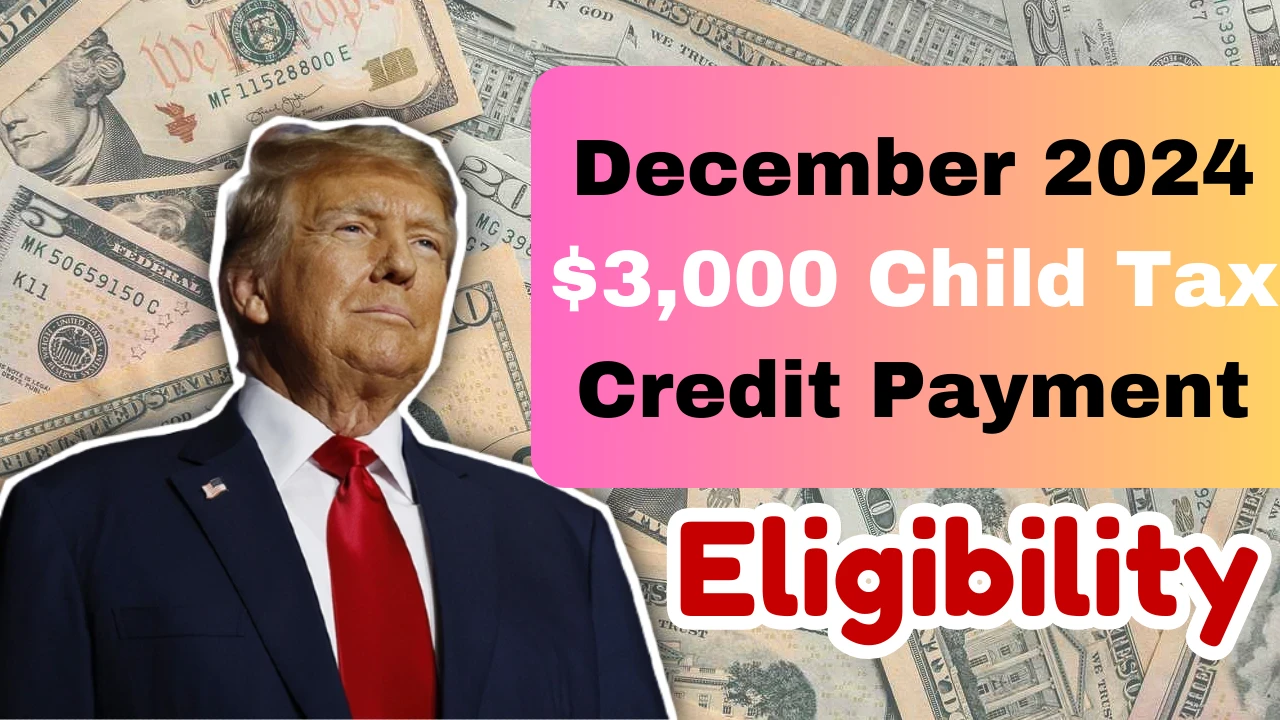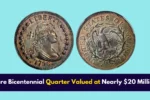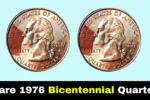The topic of stimulus payments continues to spark discussions, especially during economic uncertainty. Recently, rumors have circulated about a possible $2,500 stimulus payment in February 2025. Many Americans are eager to know whether this is true, who might be eligible, and when such payments could be distributed.
To clarify the situation, this article provides accurate, up-to-date details about the rumored $2,500 stimulus check, statements from officials, and essential tips to avoid scams.
$2,500 Stimulus Payment: Key Details
| Feature | Details |
|---|---|
| Official Confirmation? | No, no official announcement has been made. |
| Who Might Qualify? | If approved, likely low-income individuals, families, and those facing financial hardship. |
| Potential Payment Date? | February 2025 (unverified). |
| Government Source? | No confirmation from the IRS or Treasury Department. |
| How to Avoid Scams? | Verify information only through IRS.gov or official government websites. |
| Past Stimulus Payments | $1,200 (2020), $600 (2021), $1,400 (2021). |
At this time, a $2,500 stimulus payment for February 2025 has not been confirmed. While discussions about economic relief continue, no official plans exist for issuing new federal stimulus checks.
Is a $2,500 Stimulus Payment Actually Coming?
As of now, neither the IRS nor the U.S. Treasury Department has announced plans for a new stimulus payment. There is no confirmed legislation supporting a $2,500 stimulus check.
Where Did These Rumors Begin?
Speculation about a new stimulus check likely stems from discussions surrounding economic relief, inflation, and financial aid. Advocacy groups continue to push for direct payments to assist Americans facing rising costs. However, no new stimulus program has been approved by Congress, the White House, or the IRS.
To avoid misinformation, always refer to trusted sources such as IRS.gov and USA.gov rather than relying on social media claims.
What Needs to Happen for a $2,500 Stimulus Payment to Become Reality?
For a stimulus payment to be approved, these steps must occur:
- A New Stimulus Bill Proposal – A member of Congress must introduce a bill proposing stimulus checks.
- Congressional Approval – The bill must pass in both the House of Representatives and the Senate.
- Presidential Approval – The President must sign the bill into law.
- IRS Distribution – If passed, the IRS would determine eligibility and distribute payments.
Currently, none of these steps have taken place, meaning a $2,500 stimulus check is not in the works.
Who Might Qualify If a Stimulus Check Were Approved?
Although no new payment has been announced, past eligibility criteria suggest that the following groups might qualify:
- Individuals earning under $75,000 annually (or $150,000 for married couples filing jointly).
- Taxpayers filing as Single, Head of Household, or Married Filing Jointly.
- Families with dependents may receive additional funds, as seen in previous stimulus packages.
- Social Security, SSDI, and SSI recipients, including seniors and veterans, might also qualify.
- State-Level Stimulus Programs – Some states may offer separate relief payments regardless of federal stimulus programs.
To verify eligibility for any future payments, always check IRS.gov.
How to Avoid Stimulus Payment Scams
Whenever news of stimulus payments circulates, scammers attempt to take advantage of the situation. Protect yourself by following these tips:
- Do not provide personal information – The IRS will never call, email, or text asking for your Social Security number or banking details.
- Verify information on official sites – Only trust IRS.gov, USA.gov, or your state’s government website.
- Ignore suspicious messages – Do not click links in unexpected emails or text messages about stimulus checks.
- Never pay a fee to receive a stimulus check – Government payments do not require an application fee or processing cost.
If you suspect fraud, report it to ReportFraud.ftc.gov.



